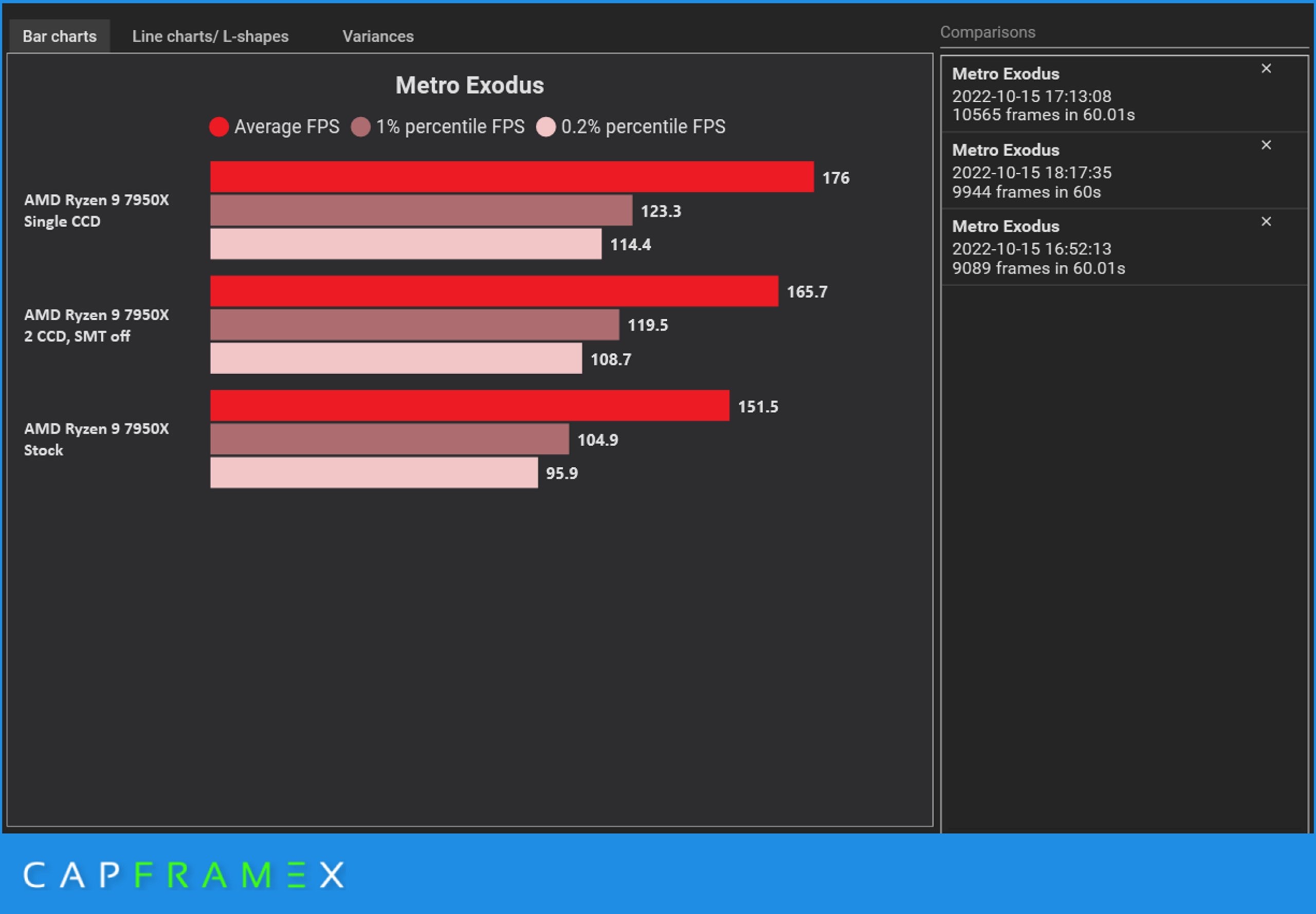Microsoft’s Windows 11 22H2 (2022 Update) is allegedly throwing some AMD users under the bus. Both AMD and Microsoft may need to spend more time optimizing the operating system for Ryzen 7000 CPUs. According to reports, games would run slower than usual on certain AMD configurations after upgrading to Windows 11.
Reports suggested that a potential bug in Windows 11 and a compatibility issue with AMD hardware are to be blamed for performance issues. Experts claimed that the issue is due to AMD’s new CCD (Core Compute Die) configurations failing to match Windows 11 thread scheduler and running games slower than usual.
Of course, you can turn off CCD and minimize the performance issues, but that’s not something you’d want to do when you spend a chunk on Windows 11-powered AMD hardware. In some cases, turning off SMT (Simultaneous MultiThreading) could also help resolve performance issues with Windows 11.

The problem is Microsoft’s new Thread Scheduler once again and it’s not the first time we’ve seen reports of performance issues with Windows 11. AMD chips saw similar issues last year and Nvidia users also flagged lower framerates after they upgraded to Windows 11.
This issue has been widely reported on the internet and reports surfaced only after a cumulative update was issued for Windows 11 22H2 with several bug fixes.
It is worth mentioning that even if Microsoft is working on a bug fix, it won’t ship anytime soon. That’s because the next optional update is set to arrive in late November followed by a mandatory Patch Tuesday update in the second week of December.
AMD is aware of the reports
In a statement, AMD confirmed that it has been investigating the reports, but it couldn’t find anything substantial. AMD couldn’t notice “a material difference” between the two operating system versions, and issues experienced by users may have to do with the game engine and other factors which are not in the control of Ryzen CPUs.
AMD is still investigating the claims and the chipmaker wants to get this sorted quickly, as word of mouth could affect the sale of the company’s new chips.
The good news is AMD is planning to deliver ‘optimizations’ for the new Ryzen chips to iron out these performance issues. If your AMD or Intel device is running slower than usual after the upgrade, you can always go back to Windows 10 and wait until the new operating system is stable enough.
Remember that Windows 11 is still under development and Windows 10 is no longer being updated regularly with new features which makes it more stable than its successor.
The post AMD is investigating Windows 11 22H2 performance issues appeared first on Windows Latest
